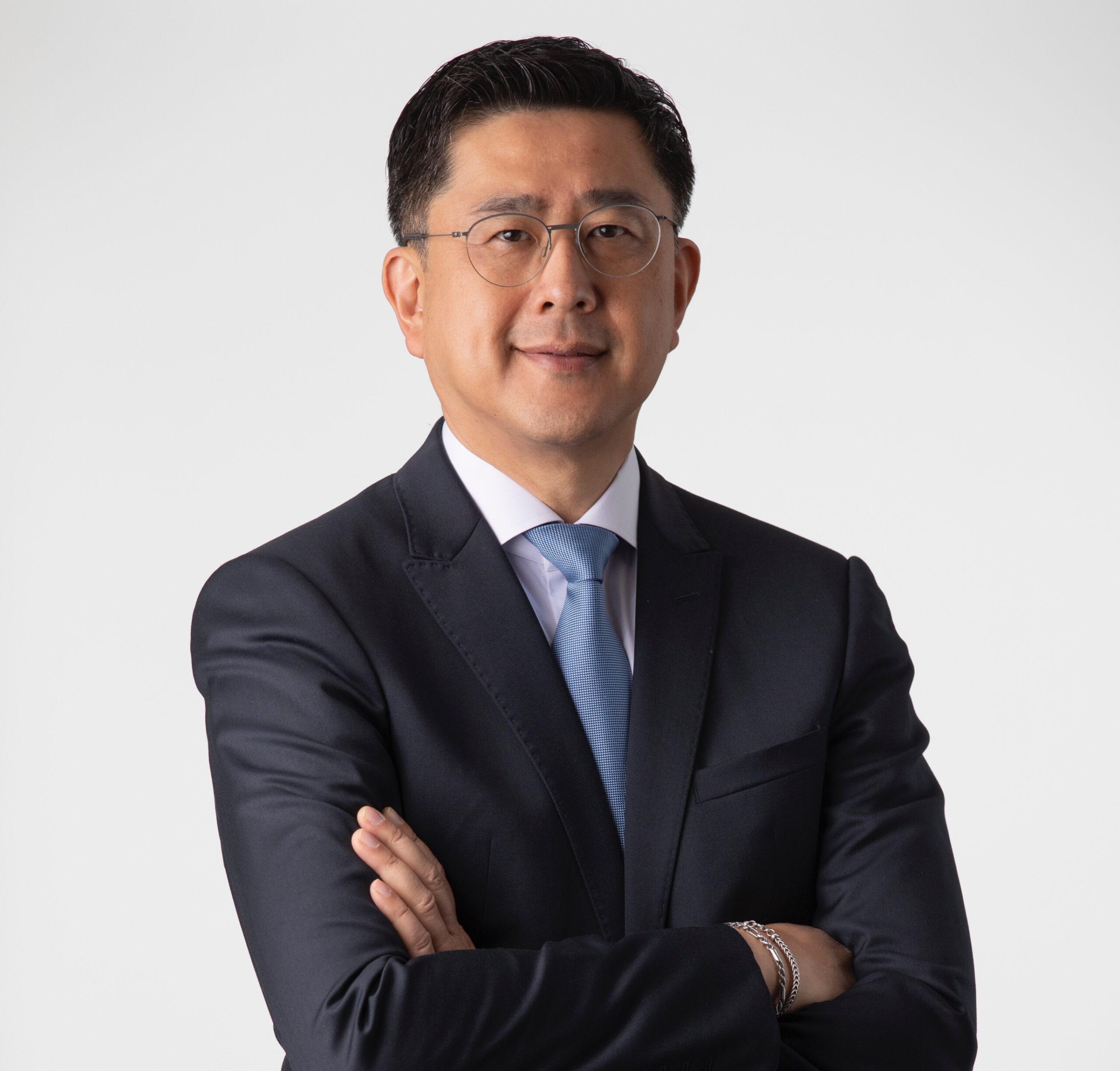
After two decades of commercial practice in Hong Kong and the Asia Pacific region, you might think Eddie Look has seen it all; dealing with counterparts all around the globe – from China, UK, France, Germany, Japan, Canada, U.S., Mexico or Australia, – he has worked on a number of high profile transactions that have earned him a place amongst the top practionners in Hong Kong. Yet, it’s with a constantly renewed sense of excitement that he walks into work. “Every day is a different day”, he highlights. “Even after almost 25 years in practice, I am constantly learning and I never find myself waiting for the end of the day. Instead, it is more like, here comes my second shift!”.
When did you know you wanted to study law?
I am not one of those individuals who knew that they wanted to be a lawyer since childhood. During my Psychology and Economics Arts undergraduate degree at McGill, I explored the idea of pursuing clinical psychology or a MBA. What I did know is that I wanted an intellectual challenge, and being accepted by McGill Law made that choice easy.
How has your McGill education served you throughout your career?
Looking back, I am truly grateful for the dual degree program that enabled me to graduate with LLB and BCL diplomas in four years. Our professors were able to focus our minds on comparative law. I believe this has given me enormous confidence in dealing with European lawyers, from whom we regularly receive instructions. With my BCL degree, I have a distinct advantage compared to lawyers who have received training only in the common law traditions.
What’s one of your favorite memory from your McGill Law days?
My favorite memory of McGill Law days is sitting in the Chancellor Day Hall moot court, absorbing the law from the likes of Professor Scott and Professor Jutras, and enjoying the lively intellectual debates.
Could you please tell us about one significant professional learning experience you went through during your career?
One really memorable professional learning experience occurred in an acquisition. With over 100 outstanding amendments in the documentation, the seller was ready to pull the plug on the transaction if the deal was not signed that day. Acting for the purchaser, I was instructed that the deal had to be signed, although the seller’s lawyers did not think it was possible to achieve what our respective clients wanted. With four lawyers on each side, many of whom were much older than me, I led the negotiations for 24 straight hours and, with unwavering determination, we were able to achieve the results for our client. Achieving this kind of result for a client is more motivating than being paid!
As a commercial lawyer working on international deals, what’s the greatest challenge of working across different legal systems? What qualities do you think a lawyer needs to be able to be effective in such a complex environment?
The greatest challenge of working across different legal systems is often not the difference in law or languages, or what different regulations may require. It is rather to align the interests of all parties, including the respective clients, and their legal and financial advisors. Sometimes, what is being said is not the real concern, and egos can get into the way of the deal. Although you might find some transactional lawyers disagreeing, an effective lawyer should be sensible, willing to listen at the negotiation table (instead of being defensive or completely unreasonable), willing to push back on issues important for the client, whilst equally abandon positions that have little relevance for the deal. It is making judgement calls with the client that makes a lawyer comparatively more effective than another.
